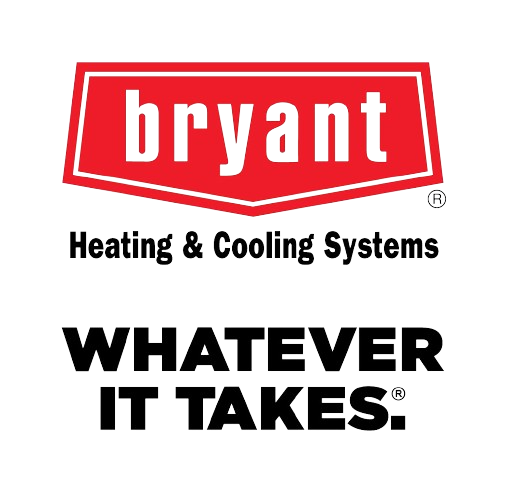Selecting the right water heater can be a puzzle with so many options available. Let’s break it down to make it easier for you to decide which water heater installation suits your Palm Springs home best.
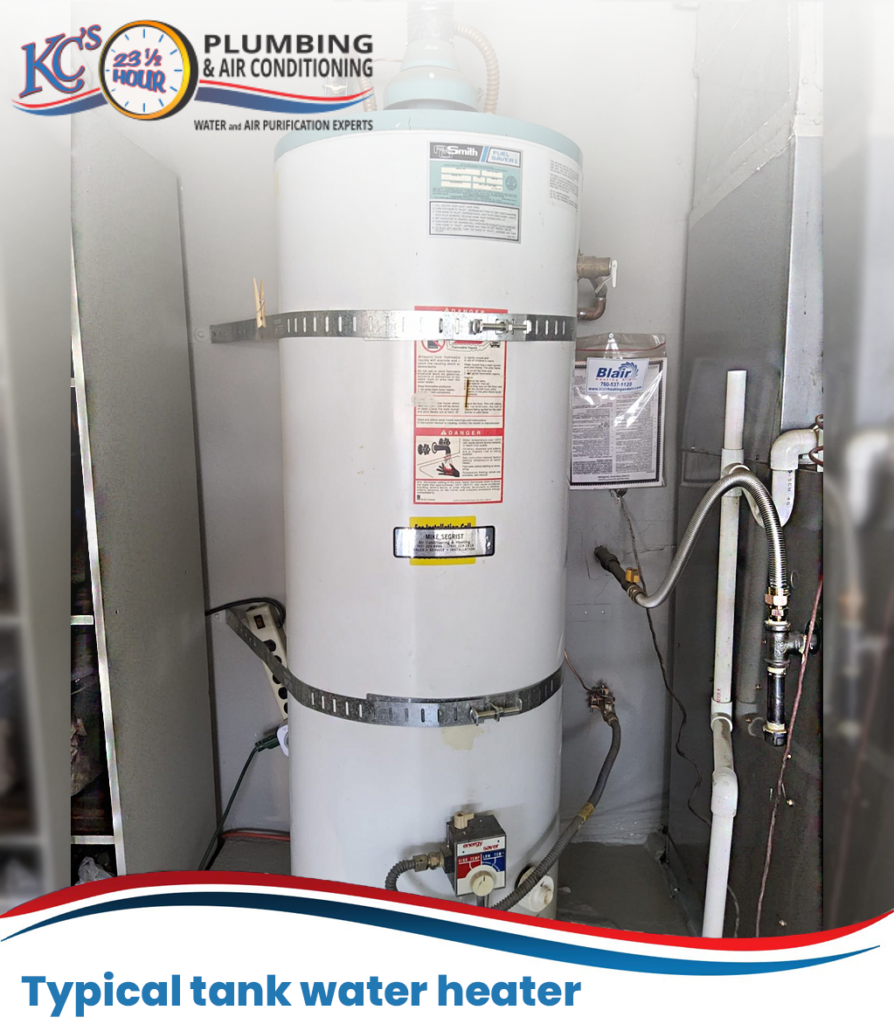
A typical tank water heater in a Palm Springs home. They are the most affordable option upfront,
and serve large households well.
By storage type: tank vs. tankless
Conventional tank water heaters
These are the most common type, featuring a large tank that stores hot water.
Advantages:
- Lower initial cost compared to more advanced systems.
- Reliable and can supply hot water during power outages if gas-powered.
- Can store a large amount of hot water, making it suitable for large families or frequent visitors.
Ideal For: Larger households with significant hot water needs.
Tankless water heaters
Also known as on-demand water heaters, these units heat water only when needed, without storing it in a tank.
Advantages:
- Energy-efficient, as they only heat water when you need it. For homes that use 41 gallons of hot water or less, they can be 24%–34% more efficient.
- Provides endless hot water, perfect for those long, relaxing showers after a day in the desert sun.
- Space-saving design, ideal for the smaller homes and condos common in Palm Springs.
Ideal For: Homes with high hot water demand and limited space.
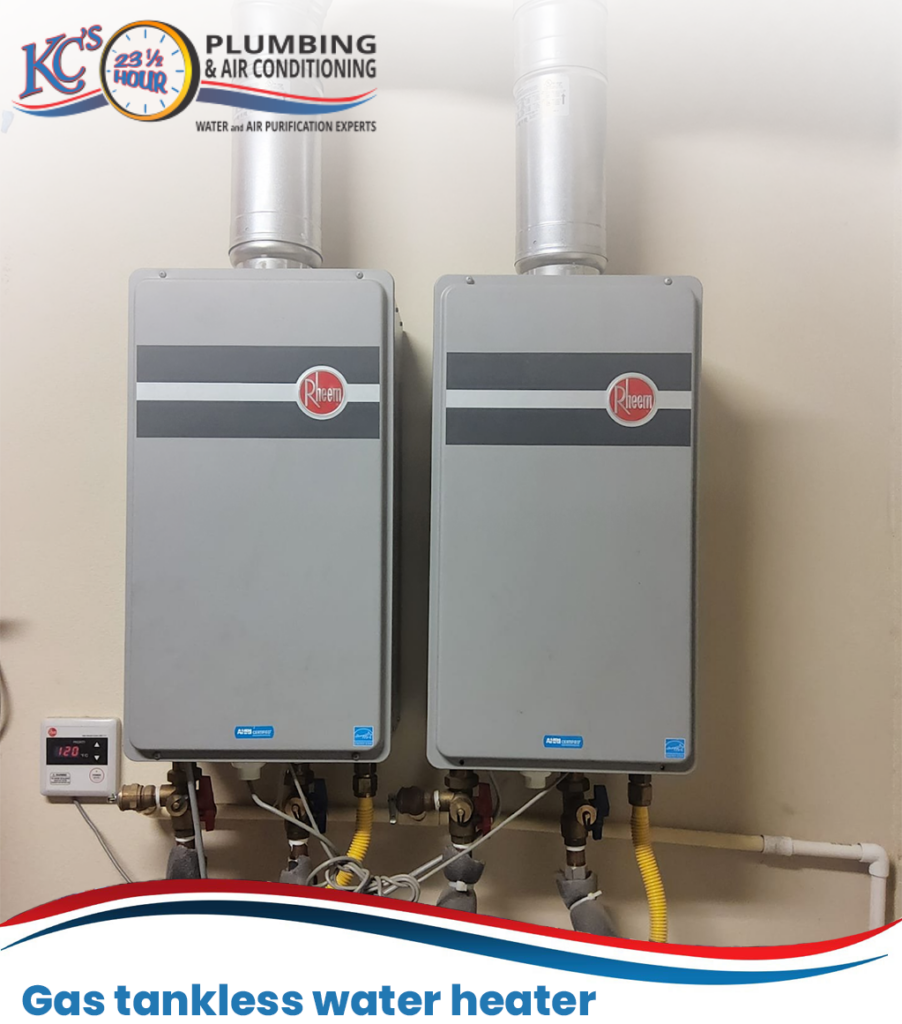
A gas tankless water heater is a good choice if you have access to natural gas and want hot water
on demand.
By heating source: electric, gas, or indirect
Gas or propane water heaters
These use natural gas or propane to heat the water, typically more quickly than electric heaters.
Advantages:
- Lower operating costs compared to electric heaters.
- Faster heating times, ensuring a quick supply of hot water, even for large households.
- Can continue operating during power outages, which is crucial during storms.
- Benefit from rebates in Southern California for selected efficient gas heaters.
Ideal For: Homes with access to natural gas or propane, and high hot water usage.
Electric water heaters
These units use electric resistance coils to heat the water.
Advantages:
- Easy to install and can be placed almost anywhere.
- Reliable with fewer maintenance requirements compared to gas units.
- Ideal for homes without access to natural gas.
Ideal For: Homes without access to natural gas or where gas heating is not preferred.
Indirect water heaters
These systems heat water using the home’s boiler or furnace, typically storing it in a separate tank.
Advantages:
- Energy-efficient when paired with a high-efficiency boiler. They can be the cheapest way of heating water.
- Can utilize the existing heating system, saving on installation costs.
- Reliable and long-lasting, suitable for year-round residents.
Ideal For: Homes with a boiler heating system and significant hot water demand.
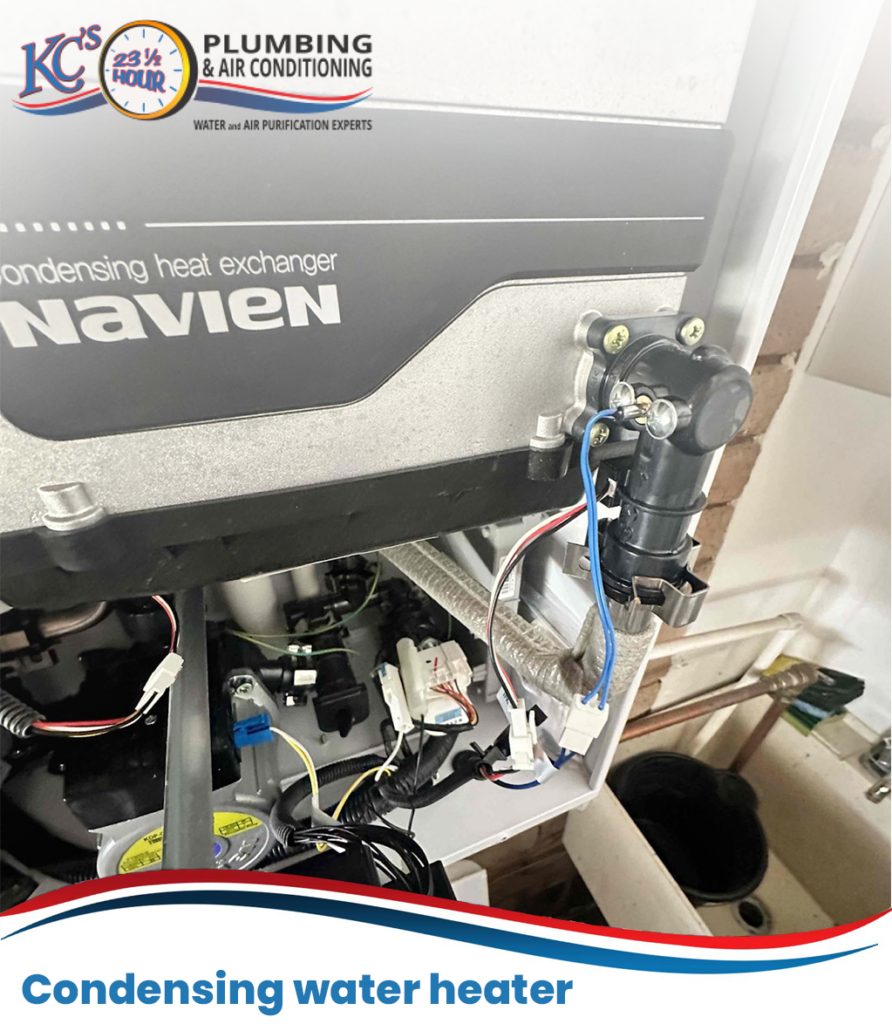
Our plumbers in Palm Springs attended a repair call for a condensing water heater.
Choose this model type for extra energy saving.
Energy-efficient and eco-friendly options
Condensing water heaters
Water heating is the second-largest expense in American homes, accounting for 12-14% of utility bills. So it makes sense to find a heater that helps you save. Condensing units use the exhaust gases from the water heating process to heat the water, further increasing efficiency.
Advantages:
- Highly energy-efficient, reducing energy costs.
- Lower greenhouse gas emissions, making them environmentally friendly.
Ideal For: Homes with high-demand for hot water looking to save on energy costs and reduce their carbon footprint.
Hybrid water heaters
These combine a heat pump with a conventional storage tank to heat water more efficiently.
Advantages:
- Extremely energy-efficient, potentially saving significant amounts on electricity bills.
- Can handle high hot water demand while maintaining efficiency.
- Environmentally friendly due to lower energy consumption, a great choice for eco-conscious homeowners.
Ideal For: Homes looking to reduce energy consumption while maintaining ample hot water supply.
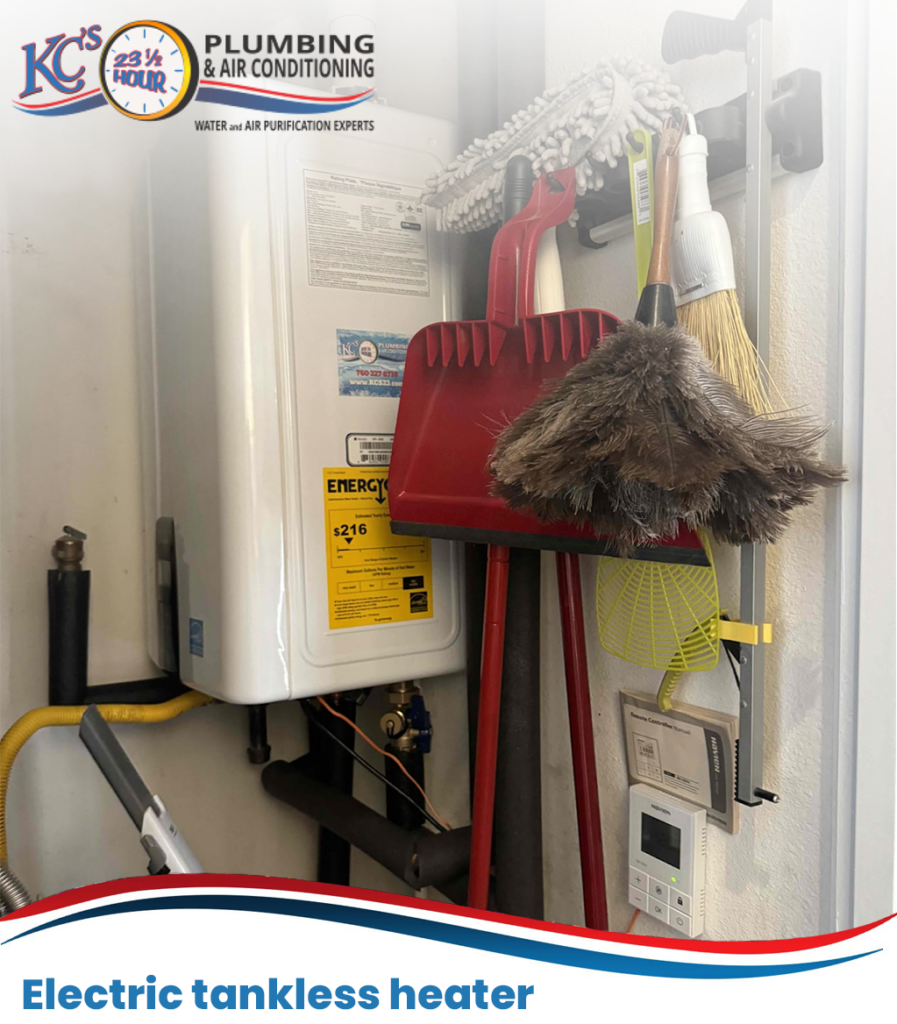
This electric tankless heater takes up so little space it can even fit inside a closet, making it ideal
for providing water to a specific zone of the house.
Localized heating solutions
Point-of-use water heaters
These units are installed near fixtures to provide hot water quickly without waiting for it to travel from a central heater. They can be small under-cabinet water heaters.
Advantages:
- Reduced water waste, as hot water is available immediately.
- Energy-efficient and convenient.
- Simple and quick installation, ideal for home additions or guest houses.
Ideal For: Remote bathrooms, kitchens, or additions where extending plumbing would be costly.
So, which is the right choice?
Choosing the right heater depends on several factors, including household size, hot water needs, energy preferences, and space availability. Here’s a quick guide to help you decide:
- Evaluate your hot water needs: Larger families with high hot water demand might benefit from conventional storage tank or hybrid systems.
- Consider energy efficiency: If reducing energy bills and environmental impact is a priority, consider condensing, hybrid, or tankless models.
- Assess space constraints: Tankless, under-cabinet, or point-of-use heaters can be a great fit for homes with limited space. Also, here’s a guide to help you determine your heater size.
- Check fuel availability: Depending on whether your home has access to natural gas, propane, or only electricity, you might opt for electric, gas, or propane heaters.
- Think about installation and maintenance: While some systems might have a higher upfront cost, they can offer long-term savings in energy costs and maintenance.
Remember, selecting the right water heater is crucial for comfort and energy efficiency. Take your time to understand the options and choose the one that best fits your home and lifestyle.

